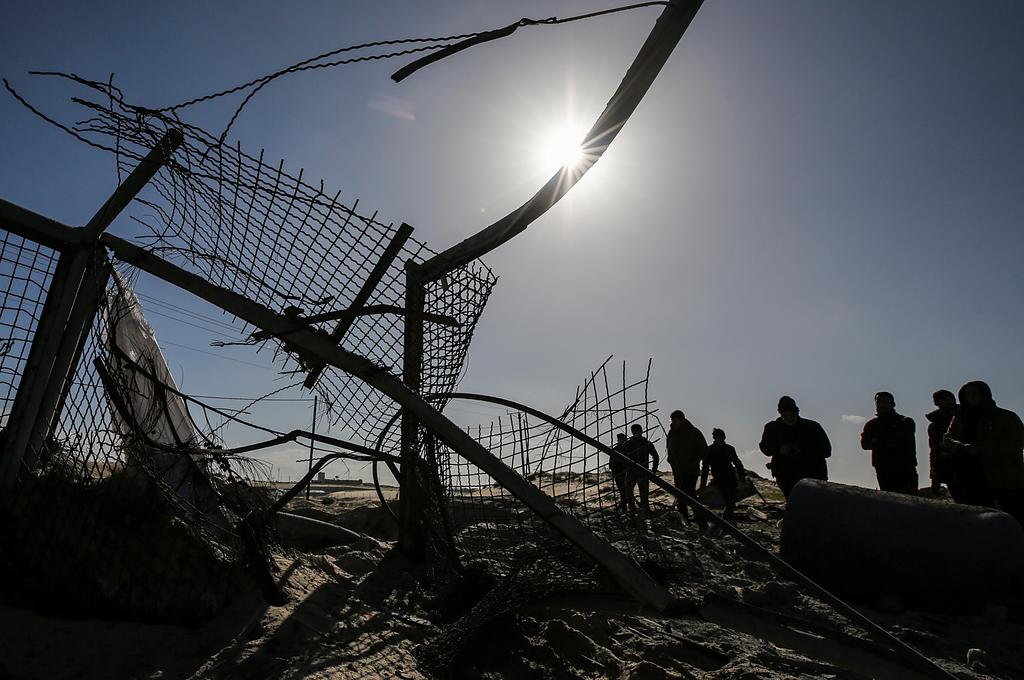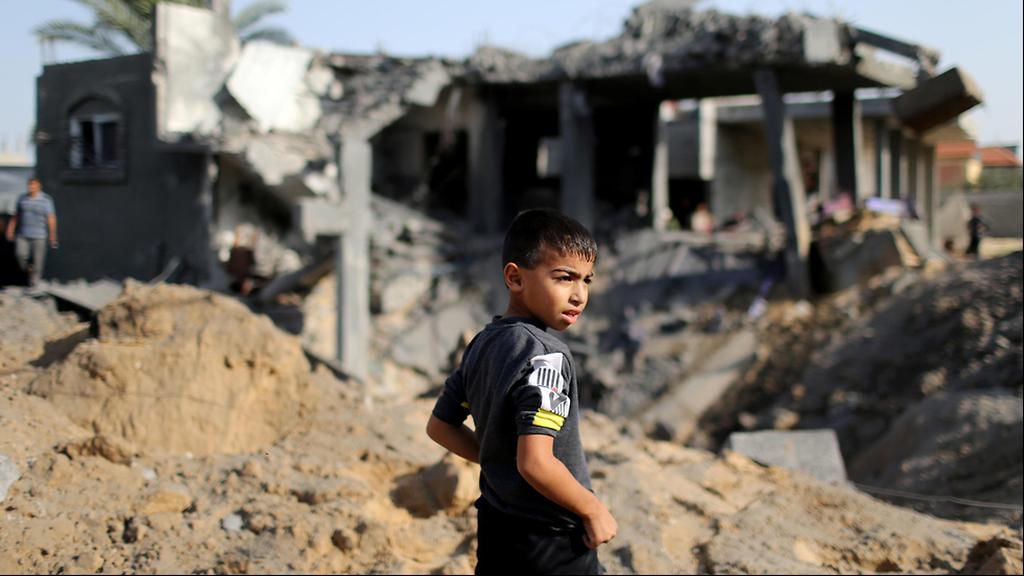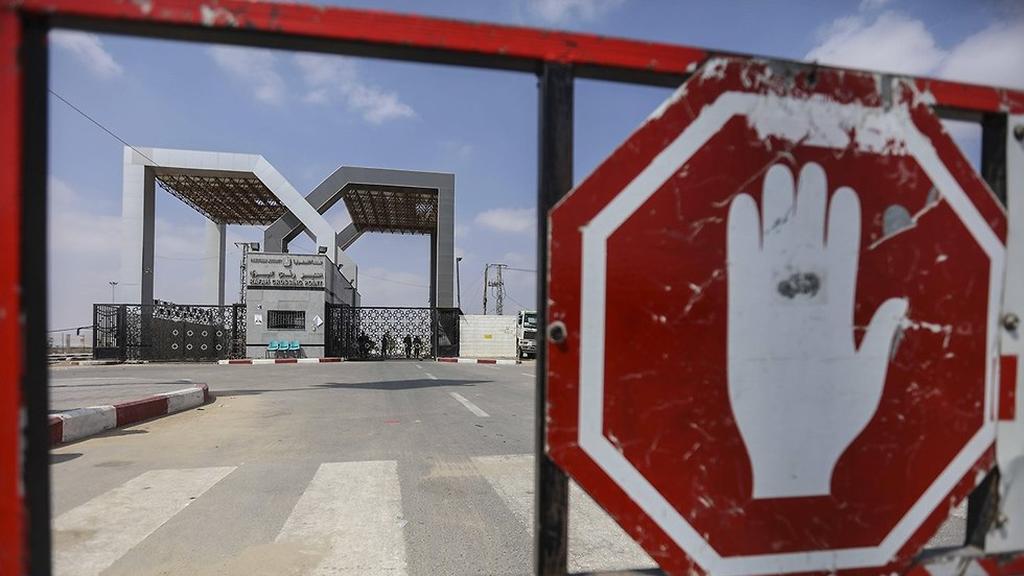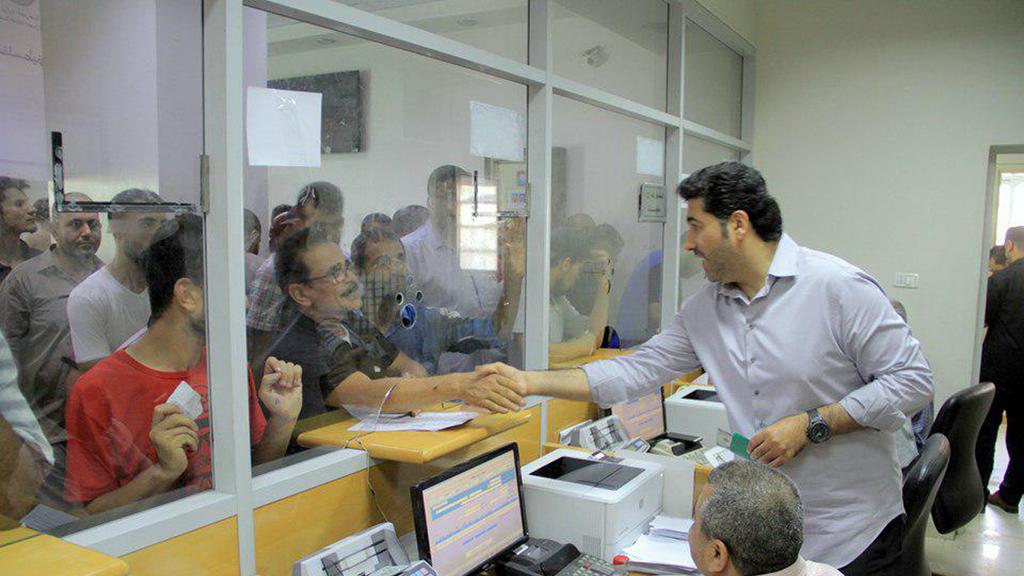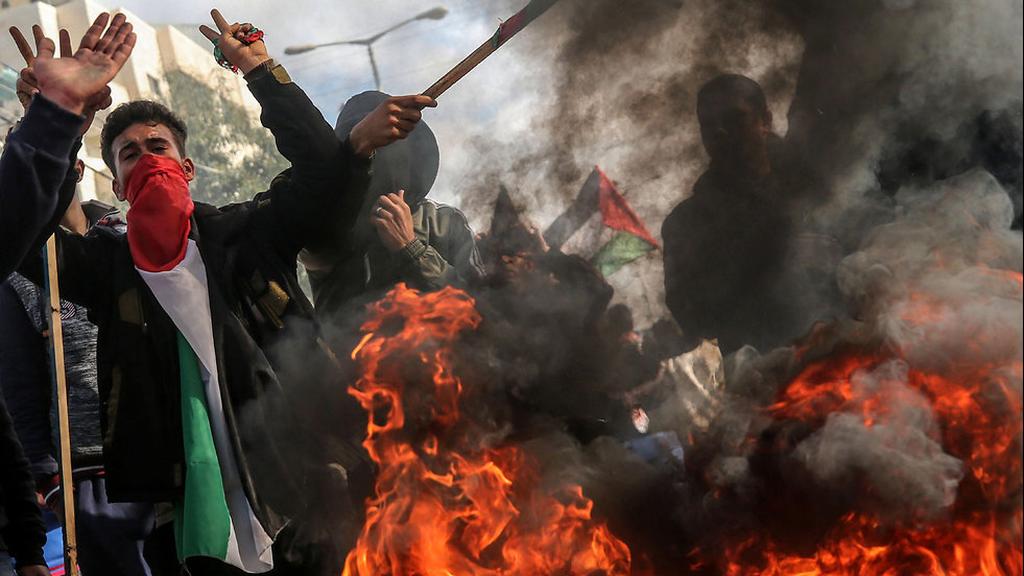Getting your Trinity Audio player ready...
The uptick in violence along the Gaza border is part of a recurring game, a cycle of events that unfold, as if by design.
All sides know the rules and understand how they must abide by them: Israel, the Palestinians, Egypt, and even the Qataris.
All sides suffer from this equation every now and then.
After the March 2 election, the Israeli policy towards Gaza will not change, though there is a chance of a rapid deterioration that will cause fighting along the border.
No one is looking for war. The ruling Hamas faction is anxious it may lose its hold on power because of the ongoing economic crisis and the difficulty of controlling a population of over two million people besieged in a small area.
Leaving the Strip is more of a challenge than usual as Israelis and Egyptians add more restrictions and infrastructure is in ruins with water and electricity supplies unreliable.
Although Gaza's health services have somewhat improved this past year, they are still unable to care for the considerable population in need.
Hamas is looking for a long-term understanding with Israel. A "hudna," (Arabic for "armistice") that will enable more investments in major infrastructure projects is expected to provide work for a large chunk of the unemployed.
But Israel for its own reasons is slow-walking benefits to Hamas. Only a few thousand Palestinians are leaving the Strip to work on the Israeli side of the border despite the tens of thousands of work permits promised.
Though money from Qatar is arriving in Gaza, it is not coming often or fast enough.
The Egyptian government is angered at Ismail Haniyeh who, contrary to his commitment, traveled to Iran to attend the funeral of slain General Qasem Soleimani who was killed in an American strike in Iraq last month.
While in Tehran, Haniyeh discussed the provision of aid to Hamas's military wing. Now the Egyptians, who control the Rafah border crossing, have barred him from returning to Gaza.
Israel's government does not look for violence during an election campaign. Neither does the Blue & White opposition party, if only out of concern that the ballot would have to be postponed.
6 View gallery
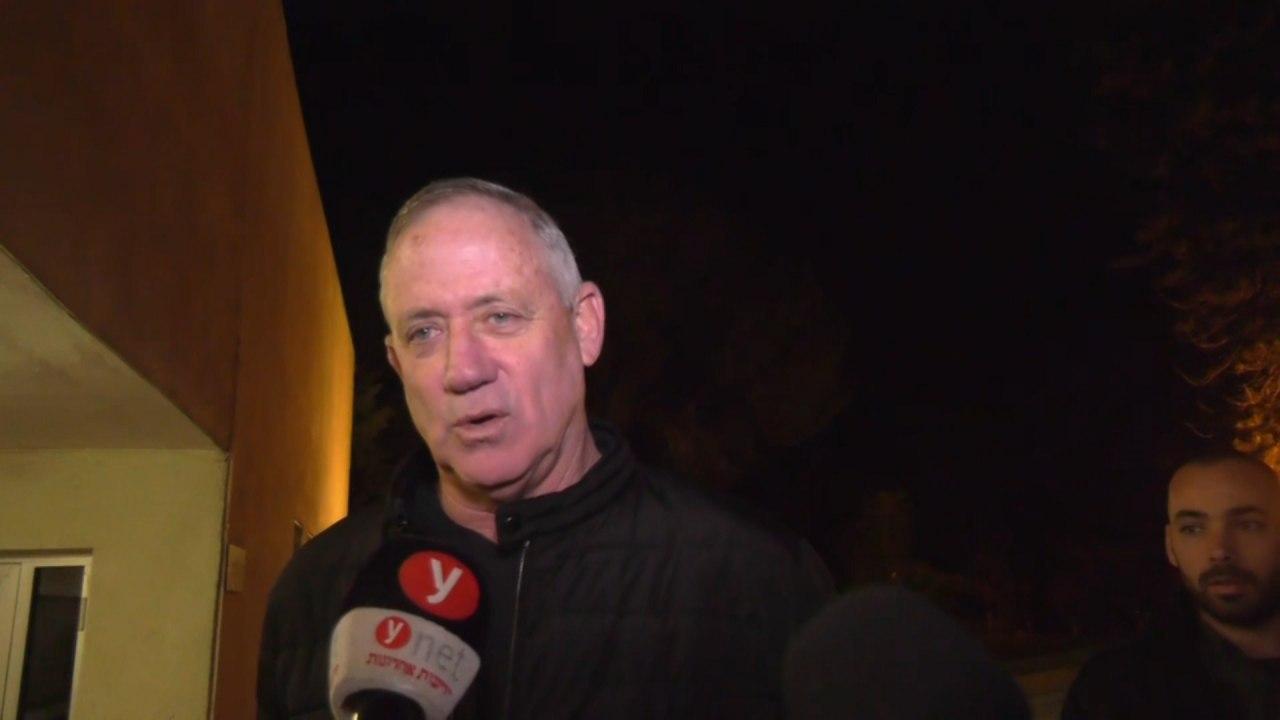

Blue & White leader Benny Gantz on his visit to Gaza border community
(Photo: Barel Ephraim)
The center-left parties will be forced to show patriotism and support the government in case of prolonged fighting.
The military knows there is no appetite for an increase in violence now, even far-right Defense Minister Naftali Bennett understands that. Israel's economic situation and its ongoing political crisis may be compounded by an ongoing war.
The risk of an escalation in violence increased after Prime Minister Benjamin Netanyahu announced his intention to extend Israeli sovereignty to the Jordan Valley and West Bank settlements. For now, this idea has been postponed, but if and when it is brought up again as a pre-election gift for right-wing voters, the Gazans will surely make their opposition to the Trump peace plan felt. Ismail Haniyeh has already been talking to his arch-enemy – Palestinian Authority President Mahmoud Abbas - in Ramallah to coordinate their positions in the face of the plan.
So far, the Israeli government and the military did not regard the odd projectile or balloon carrying explosives as dangerous.
The IDF prefers to let the Egyptian mediators find a way to grant Hamas its demands in terms of civilian needs so that the "hudna" could be advanced.
The next step would include the return of two IDF soldiers who are presumed dead and held by Hamas since IDF's 2014 campaign in Gaza, as well as two civilians, held hostage in the Strip.
Though Hamas was not behind the recent upsurge in rocket fire and incendiary balloons, the terror group did little to stop them. It was in the Gaza rulers' interest to show that Palestinians are opposing the Trump plan, especially as leaders convened in Cairo in an emergency meeting of the Arab League.
The IDF is vamping up its response to the rocket fire by targeting missile production facilities and underground attack tunnels but, only carrying out strikes late at night, when the facilities are empty, to prevent any loss of life that could escalate the conflict.
The more extreme Gaza factions seem to be doing the same by aiming their rockets at open fields in the Negev and sending balloons with unarmed devices across the lines.
This perpetual cycle of violence, which residents of the border area know all too well, may quickly deteriorate into increased fighting in case there are any casualties on the Israeli side.
Such a game-changing scenario could occur before the March 2 elections and all parties involved should be aware of the risks.


